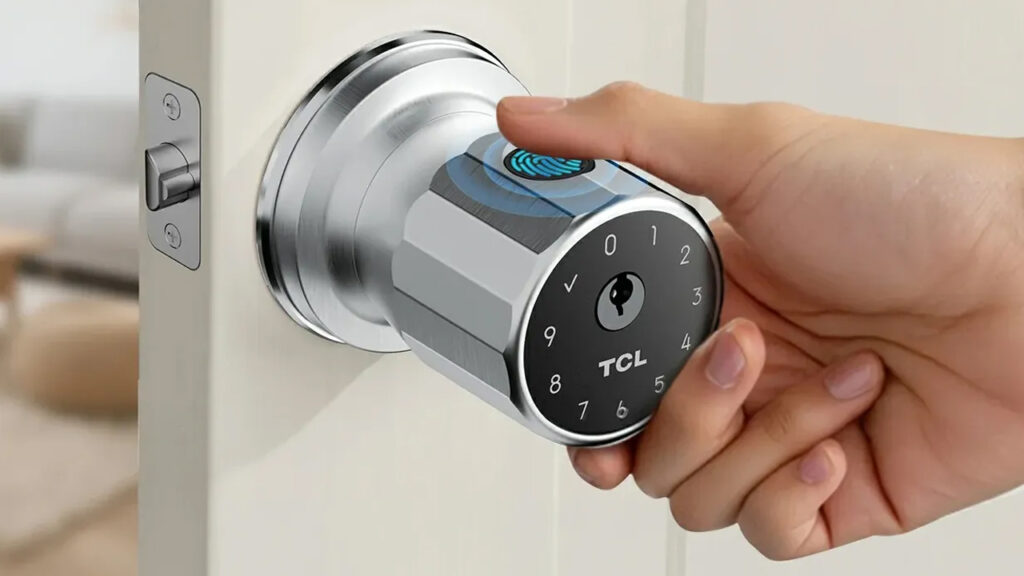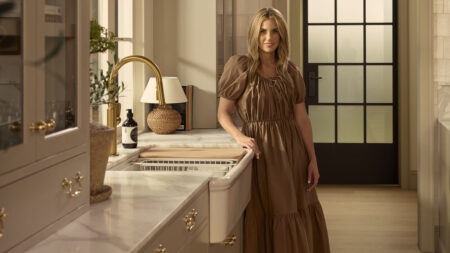Smart locks are dime a dozen these days. Now and then, we see a new brand showing up to challenge the prowess of big corporations in the market. A prime example of this is Lockzo, which we recently reviewed. Then we have names like SwitchBot, Desloc, and Ultraloq, all eyeing their share in the smart home security market dominated by names like Kwikset, Yale, and Aqara. And I am not even taking Philips and Eufy into the equation, considering the latter two also work on other platforms.
It appears the smart home security market is poised to become more competitive with TCL entering the fray. First reported by Notebook Check, TCL has launched a new smart door knob globally. Dubbed K1, TCL’s first-ever fingerprint door knob is priced at $79, and can be availed from both Amazon and the company’s official website.
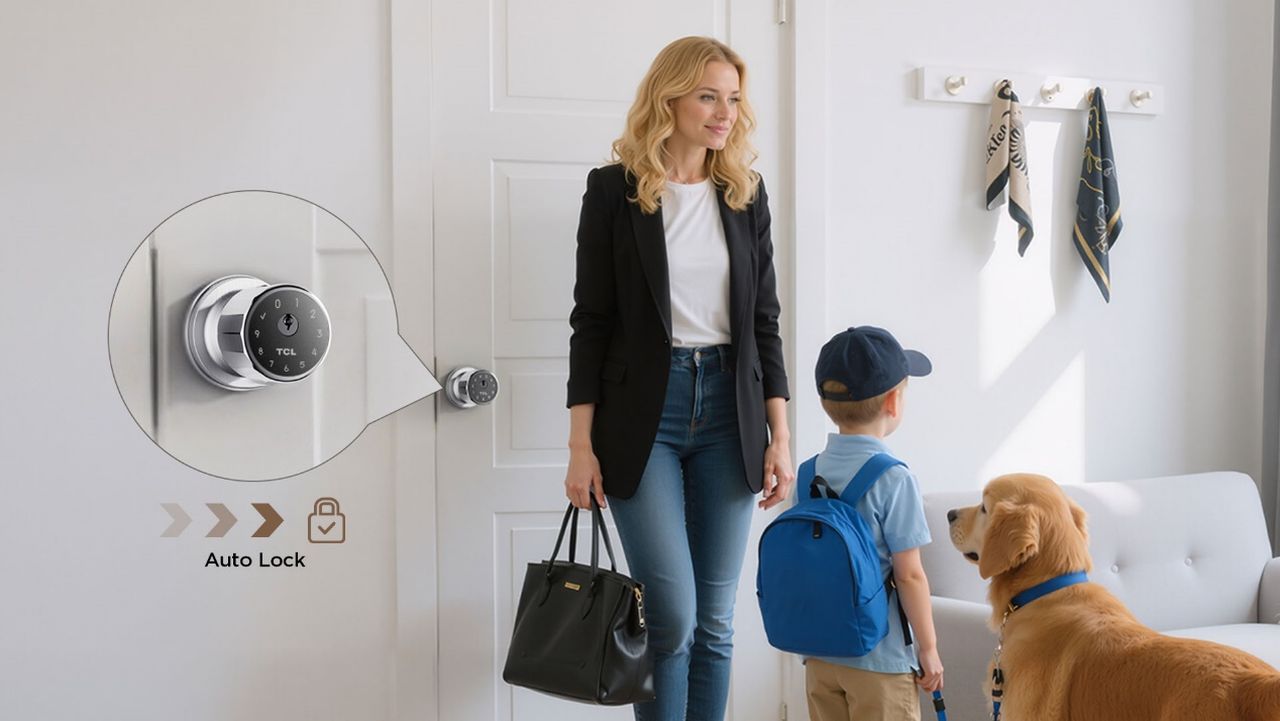
As a brand known for affordable electronics, TCL’s entry into the smart lock market feels like a natural extension of its mission to make advanced tech available to all. I reached out to TCL directly to get exclusive insights on the K1’s design, market positioning, and engineering hurdles.
“The TCL K1 was designed to bring together speed, security, and simplicity for modern households. The AI-enhanced 0.3-second fingerprint recognition ensures that access is both seamless and secure, reflecting our belief that smart technology should never slow you down,” the company’s Marketing Director, Will Bright, told me.
TCL earlier highlighted in its press release that the smart lock integrates four unlocking methods into a single, sleek unit. This includes fingerprint scan, PIN code entry, a traditional physical key, and control via the TCL Home app. The lock is designed for easy installation on interior doors without needing a dedicated deadbolt, making it ideal for bedrooms, offices, or even outdoor spaces like sheds.
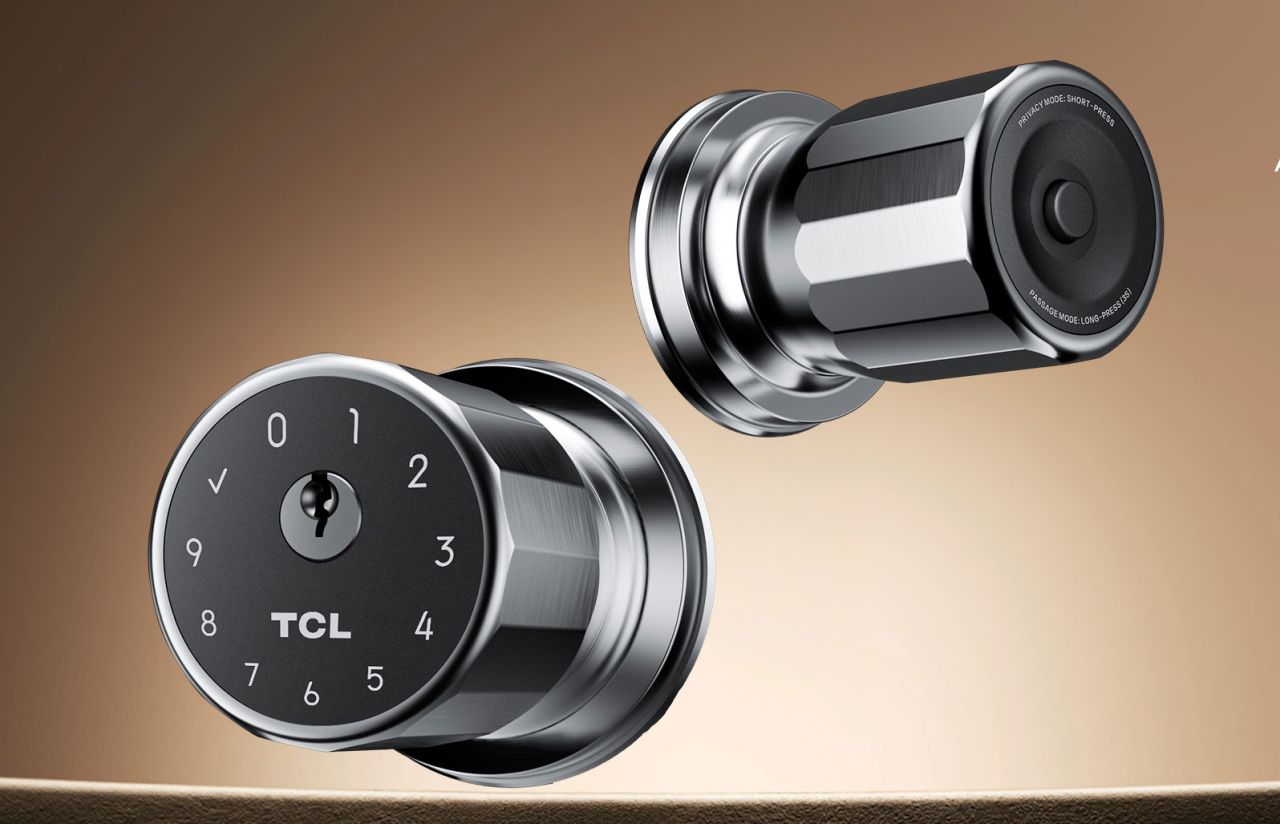
To add to that, The Verge reports that the lock feature sensors that store up to 100 fingerprints, ensuring seamless access for the entire household or a bunch of employees. Powered by four AAA batteries tucked inside the interior knob, it boasts an impressive 12-month battery life, minimizing maintenance hassles. For added security, K1 features a ‘Privacy Mode’ that disables all of the external unlocking methods.
Will Bright further talks about this feature. He states, “It empowers users with total control over their entry points, whether that’s restricting access during private hours or creating a secure environment at the touch of a button. All these features align with TCL’s broader smart home vision: delivering technology that prioritizes user convenience while strengthening everyday security.” The world’s been burned by smart home security compromises before, so this mode feels like an essential for real-life needs, like keeping kids or guests from wandering into certain areas.
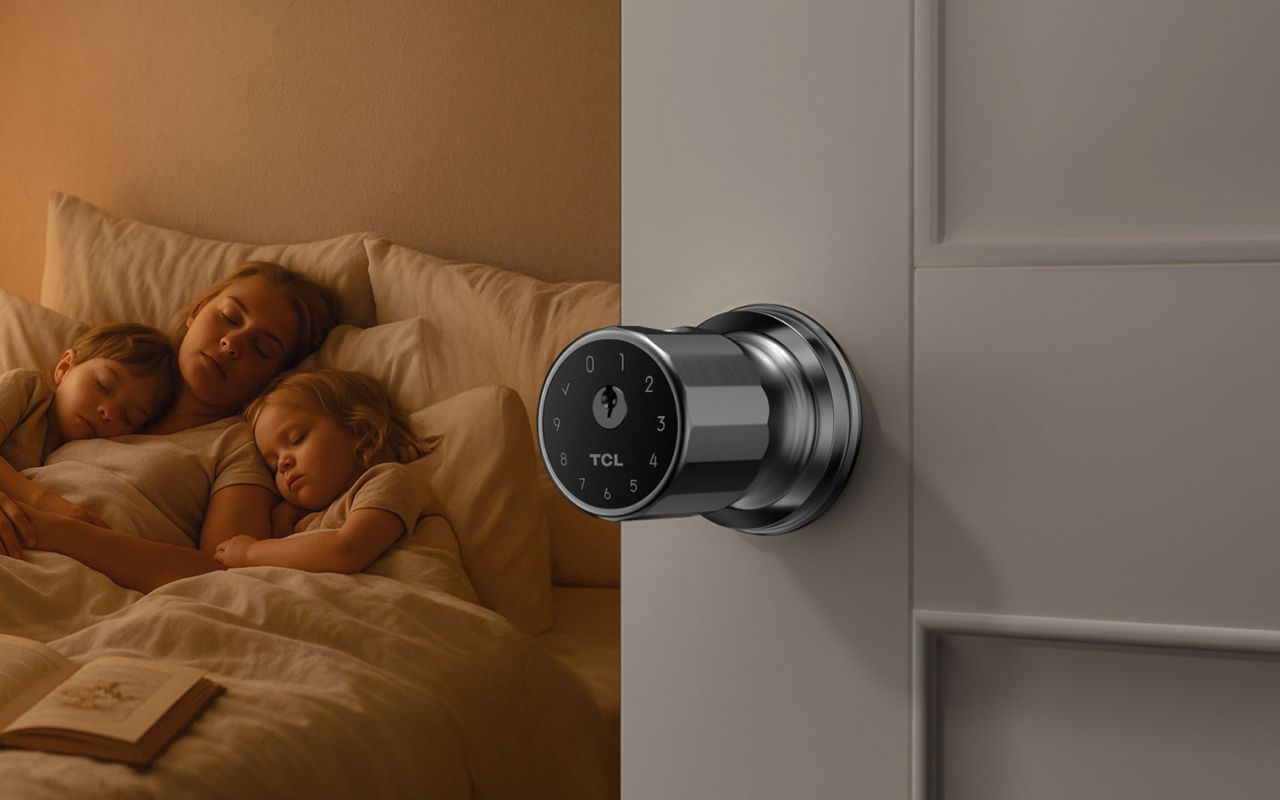
Other features include an IP53 rating for dust and water resistance, and app-based controls for tracking users, setting schedules, or enabling Passage Mode to keep the door unlocked during busy times. Notably, there’s no voice assistant integration yet, keeping the focus on straightforward, reliable performance.
Despite established players like August, Yale, and Eufy dominating the smart lock space, TCL is quietly carving out a niche by focusing on value. At $79, the K1 undercuts many competitors while packing premium features like AI recognition and long battery life. “We believe advanced features like AI recognition and premium build quality shouldn’t come with a premium-only price tag. By offering high-value performance at an accessible price, TCL aims to make the K1 a compelling alternative to established brands—particularly for first-time smart lock buyers and families looking to upgrade without compromise.” Will continues.
This pricing strategy aims to “democratize access to smart home security,” making it an appealing entry point for first-time buyers or families upgrading without breaking the bank. All in all, TCL positions the K1 as a no-compromise upgrade that fits seamlessly into everyday routines, from busy parents to remote workers securing home offices.
Another highlight of the K1’s smart lock is its construction from aerospace-grade aluminum. The lock is finished in brushed nickel for a modern, premium look, but achieving this wasn’t straightforward. “One of the key challenges was ensuring that the K1’s aerospace-grade aluminum construction balanced strength with aesthetics. Aluminum of this grade is known for its resilience but requires precision engineering to achieve a sleek, ergonomic form. The design and engineering teams collaborated closely to refine the CNC machining process, ensuring the lock not only withstands daily wear but also boasts a durable, stylish finish that complements various home décors. This attention to detail elevates the K1 beyond budget territory, proving that affordability doesn’t mean skimping on quality,” Will informs.
Also Read: Palm Recognition to UWB: Best Touchless Smart Locks of 2025
TCL’s K1 smart lock arrives at a time when smart home security is more accessible than ever, and the company’s insights reveal a product born from thoughtful innovation. By prioritizing speed, privacy, and value, TCL is challenging the status quo in the market. If you’re tired of fumbling with keys or dealing with finicky locks, the K1 might just be the seamless solution you’ve been waiting for at a price that won’t lock you into debt.
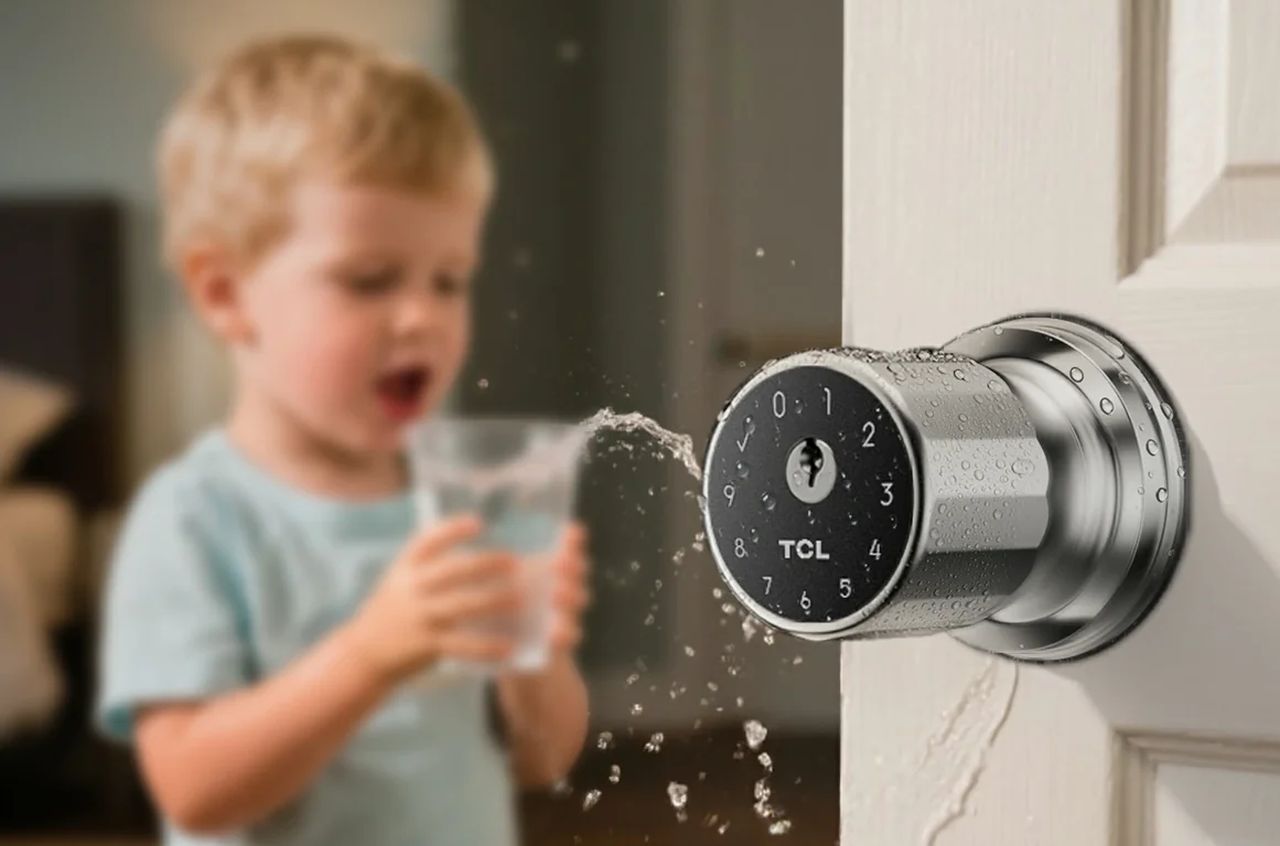
Follow Homecrux on Google News!
